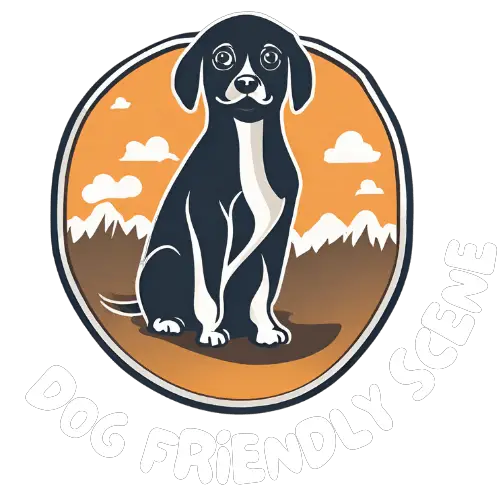Nutrition is a crucial component of a healthy and happy dog. The importance of good nutrition cannot be overstated, as it impacts everything from their behaviour to health!
Dogs need fats in their diet to develop better brains and exhibit better behaviour. Properly balanced fats also support the health of a dog’s eyes, heart and muscle tissue.
The fats need to be of high quality, fresh and in moderation.
Excessive consumption of fats can cause problems for a dog. We will go over the reasons why shortly.
An excellent way to get all the different types of fats is by rotating the food a dog eats, one-day chicken, the next day turkey or salmon.
Two of the essential fats that a dog can benefit greatly from are the following:
- Eicosapentaenoic Acid (EPA) an imporant anti-inflammatory fatty acid
- Docosahexaenoic Acid (DHA) is necessary for a dog’s eye health and brain.
You can get these exceptional fats in a single can of sardines in spring water.
You can give them sardines once a week. Sardines will be good for their health, and they can eat them with their regular food.
How to add fat to a dog’s diet?
You can add fat to a dog’s diet by providing them with a can of sardines no more than once a week, full-fat cottage cheese a teaspoon daily and extra bits of chicken alongside their regular food.
You can get supplements; however, the dietary approach is always better. When giving your dog any supplements, you should always contact your vet for advice.
Recommended Read: Vitamins And Minerals A Dog Requires For Healthy Bones
Healthy Fat Foods For Dogs
- Sardines
- Cottage Cheese
- Flaxseeds
- Eggs
Symptoms Of Too Much Fat In A Dogs Diet
Signs won’t always be very noticeable. Sometimes a blood test will need to be carried out to confirm the high-fat amount circulating in the bloodstream, called Hyperlipidemia.
- Lack of appetite
- Vomiting
- Diarrhoea
- Stomach pains
- Skin lesions
- Seizures
- Inflammation in and around the eye area
Illness from too many fatty foods for dogs
An illness can begin when the dog’s body has too much fat to process, and it causes the pancreas to become inflamed. This condition is called pancreatitis. It’s incredibly uncomfortable.
Less fat but good quality fats are better than bad fats since the dog’s body can’t handle too much.
Polyunsaturated Fats
There are two types of polyunsaturated fats- omega 6s and omega 3s. Omega 6s are important for things like inflammation, blood clotting, and cell growth. Omega 3s have a positive effect on the dog’s immune system.
- Linoleic acid (LA) omega-6 fat
- Arachidonic acid (ARA) omega-6 fat
- Eicosapetaenoic acid (EPA) omega-3 fat
- docosahexaenoic acid (DHA) omega-3 fat
- Alpha-linolenic acid (ALA) omega-3 fat
Recommended Read: Why Is Zinc Important For Dogs?
Commercial Dog Food
Dog food brands should add fats to your food through fresh ingredients. However, some foods add fat separately, as below it will be labelled. (Fat)
Fat: Animal fat is often sprayed on dog food to make it tastier and more appealing. The fat comes from the cooking process of the animal, and when it’s heated to a very high temperature, and as the grease floats to the top, it’s gathered up for use. Dogs certainly need fat in their diet—however, it’s questionable if this is the best option.
The reason it’s labelled like this is because the other ingredients are not providing enough fats.
Most processed meats have hardly any good quality fats left in them. Hence why you will see fat labelled on the back.
If the dog food ingredients have fresh or pure meat or egg labelled, you wouldn’t need to add the fat.
I hope this advice helps you choose better dog food for your dog.
Protein is also an extremely vital nutrient for dogs, working dogs, puppies and older dogs all require a bit more to support their either muscle loss, support their strong muscles and crucial for development in puppies.
Summary
Dogs certainly need fats in their diet. However, the quality of fats is questionable in some dog food brands.
Good quality fat is always the best from fresh or pure ingredients.
Try giving your dog some sardines once a week and watch your dog thrive by adding a healthy nutritional boost.
